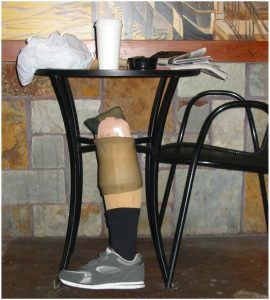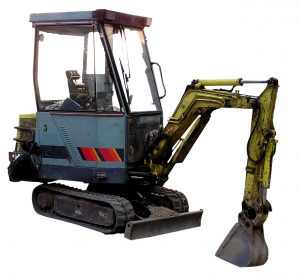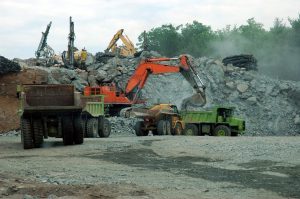Holiday rush, next-day delivery expectations, constant tracking updates, all of this pressure lands on real people, the delivery drivers who keep Massachusetts moving
If you drive for UPS, FedEx, Amazon Flex, or another delivery service, you already know what “delivery driver crunch” feels like: long hours, unrealistic routes, heavy packages, traffic, and weather that will not cooperate.
When that pressure results in an injury, everything can change overnight. Suddenly, you are worried about medical bills, lost paychecks, and whether your job will even be there when you are ready to return. Many drivers are unsure whether they qualify for workers’ compensation or how to stand up to a powerful insurance company.
 Massachusetts Workers Compensation Lawyers Blog
Massachusetts Workers Compensation Lawyers Blog








